Several side events to the inaugural Africa Climate Summit that started in Nairobi, Kenya, on September 4, had one thing in common: a lot of food was served.
At the Climate Action Zone, a side event by the Alliance for Science, one session was dedicated to discussing the producers of food — farmers.
However, only some in the room were farmers.
The Alliance for Science started the conversation about Farmers’ Day in seven countries in Asia, Latin America, and Africa to get the nations to recognize farmers for their work.
That is the story of most conferences where the topic is the vagaries of climate change. The people most affected are often not part of the conversation.
That is why the Alliance for Science wants Kenyans, and generally, citizens of Global South countries, to campaign for National Farmers’ Day and put farmers at the center of the conversation about finding solutions to the climate crisis.
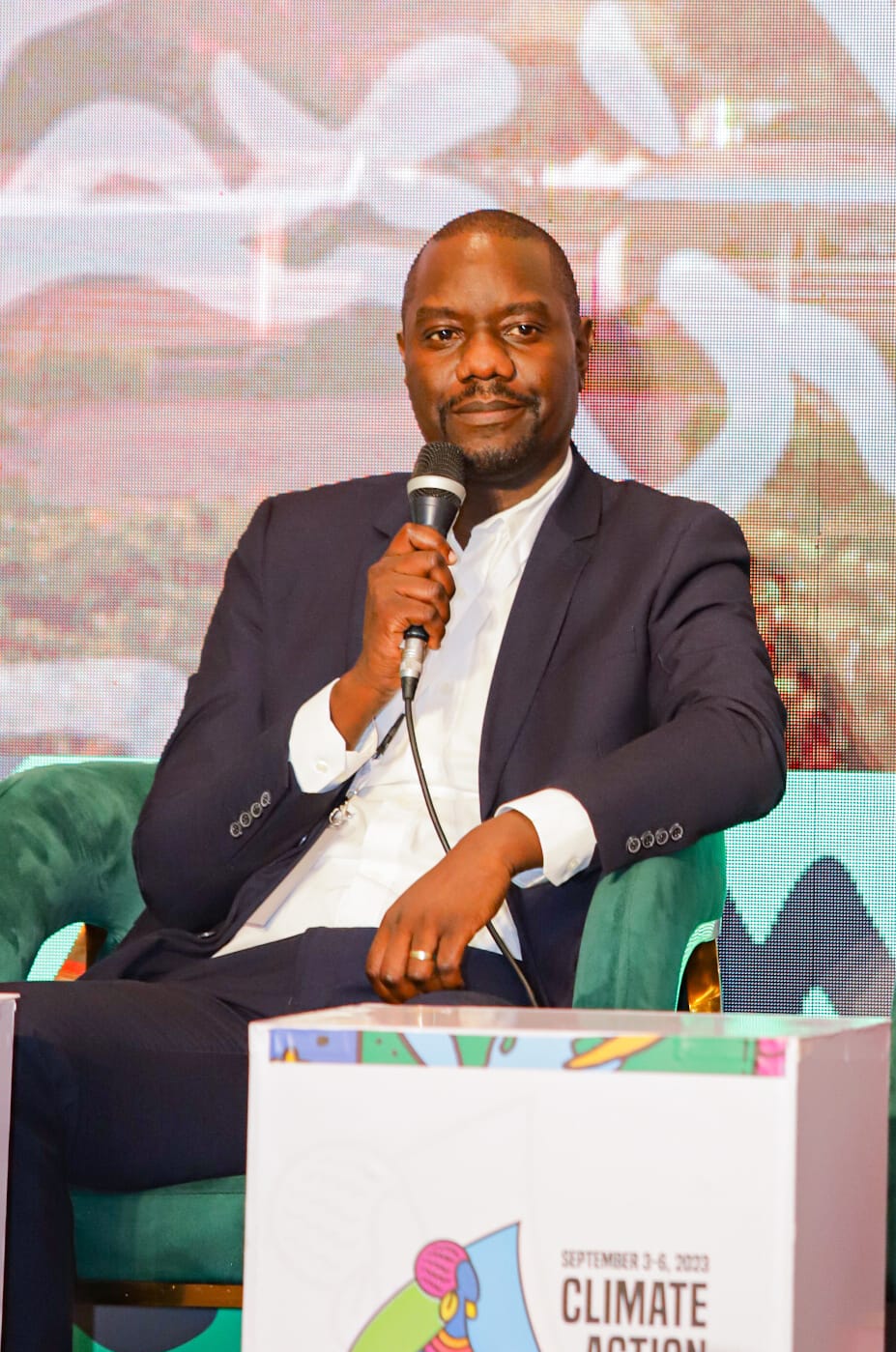
“We sit here, have discussions, eat, then walk out. But some farmers can’t make it here. How can we ensure that these high-level discussions reach the farmer? How do we get feedback from them?” said Paul Omondi, the Lead Partner at Kwawi Creatives, a strategic communication consulting firm.
Omondi said such a day would give farmers a chance for peer-to-peer conversations geared towards finding lasting solutions to poor yields and food insecurity.
He said there needs to be county engagement forums for farmers in Kenya and a similar model in other countries.
“We have not realized how important food is for a long time. Whoever controls your food controls you and your economy.”
“We have piloted this in Kitui County [Eastern Kenya]. In partnership with ICOSEED, we managed to engage farmers with those who have already taken up biotechnology, particularly Bt cotton,” said Omondi.
“Next, we are going to Kirinyaga, then to Uasin Gishu, our country’s bread basket. We are using impactful media such as community radio.”
Omondi said in their advocacy for National Farmers’ Day they have reached 2.9 million people through radio and social media platforms.
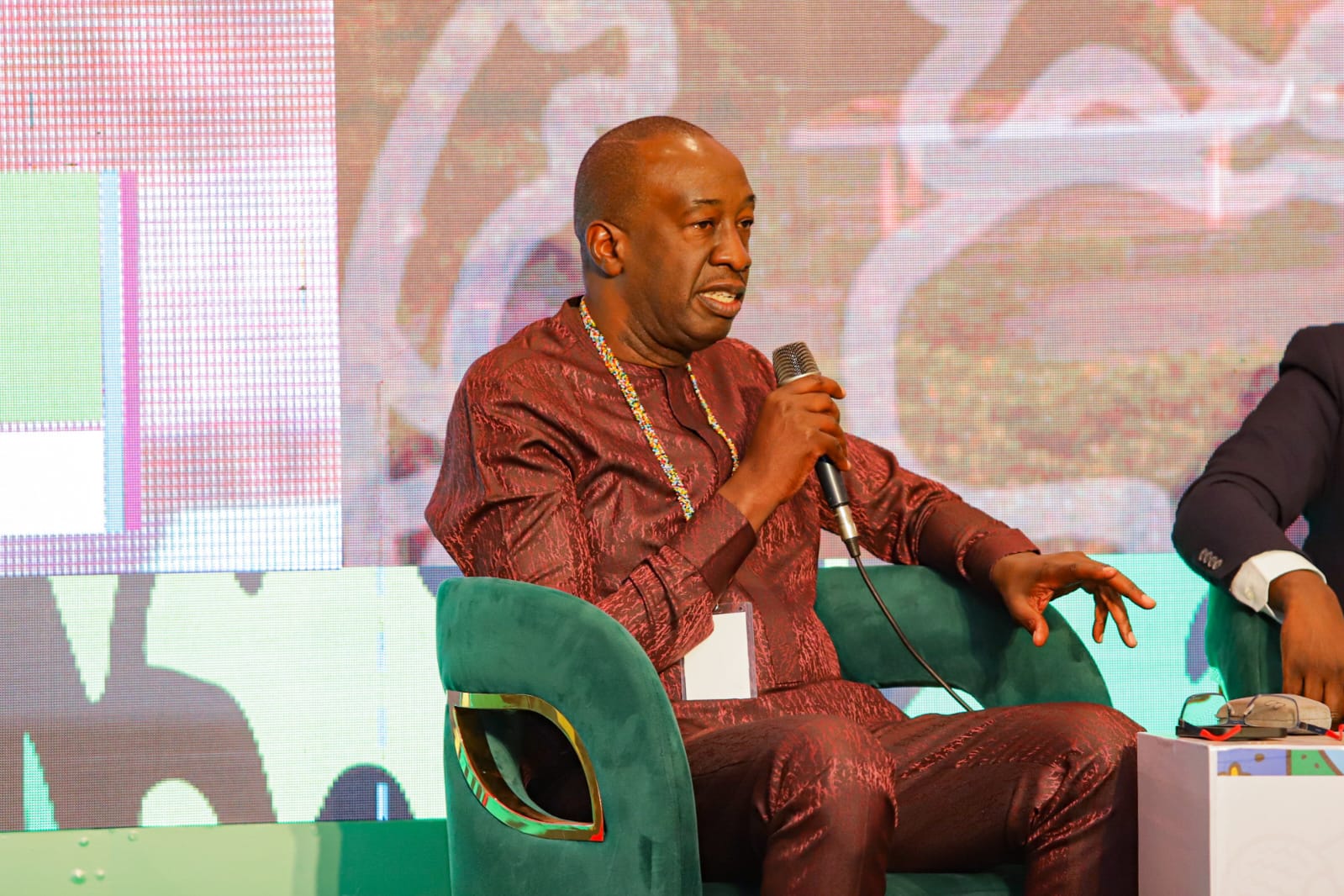
He spoke in a panel discussion called ‘National Farmers Day Campaign,’ moderated by Alliance for Science Deputy Executive Director Michael Onyango.
The other panelists were Jackline Koin, Alliance for Science Resilience Ambassador; Patrick Muriuki, Alliance for Science Fellow and Managing Director of ICOSEED; Siyabulela Sokomani, a farmer, environmentalist, and Green Entrepreneur from South Africa; and Sadique Uddin, Senior Specialist for Project Management and Communication at Farming Future Bangladesh.
Farming is one way of lowering the unemployment rate, but many young people in developing countries have negative perceptions of farming.
Onyango urged the panelists to develop action points that must be followed up with real action beyond the summit and the Africa Climate Week 2023, which ends on September 8.
Bringing young people into the conversation
He said the Alliance for Science started the conversation about Farmers’ Day in seven countries in Asia, Latin America, and Africa to get the nations to recognize farmers for their work.
“We have not realized how important food is for a long time. Whoever controls your food controls you and your economy,” said Onyango.
Bangladesh, for example, had its first national farmers’ day this year, following the launch of the campaign, which Farming Future Bangladesh spearheaded.
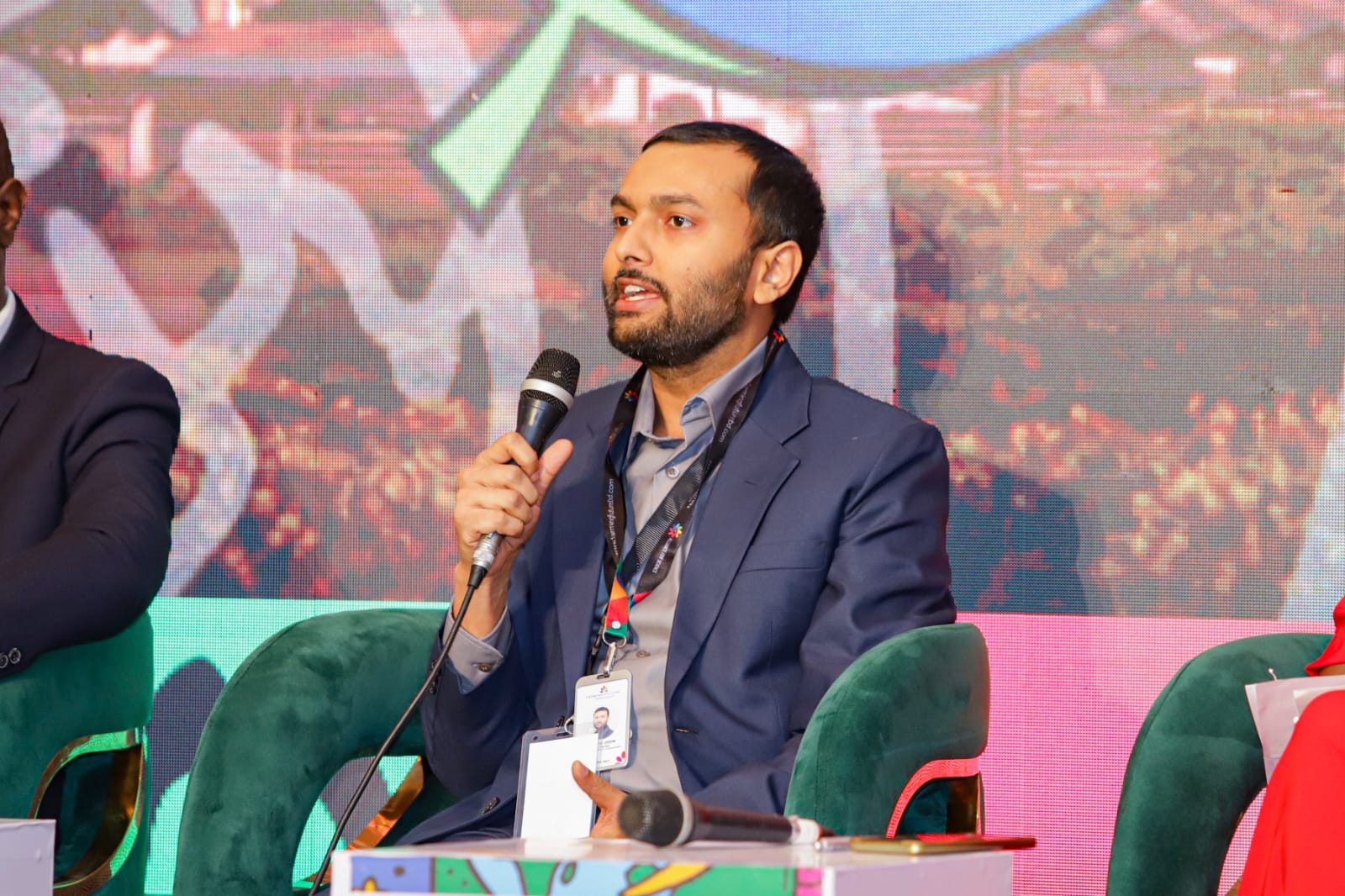
“It was a new experience for us, and it helped us understand what farmers contribute and how important they are to our economy,” said Uddin.
He said the event was successful and was attended by people from many other sectors, not just farmers.
“We want it to continue because it was a one-of-a-kind event, and we learned a lot,” said Uddin.
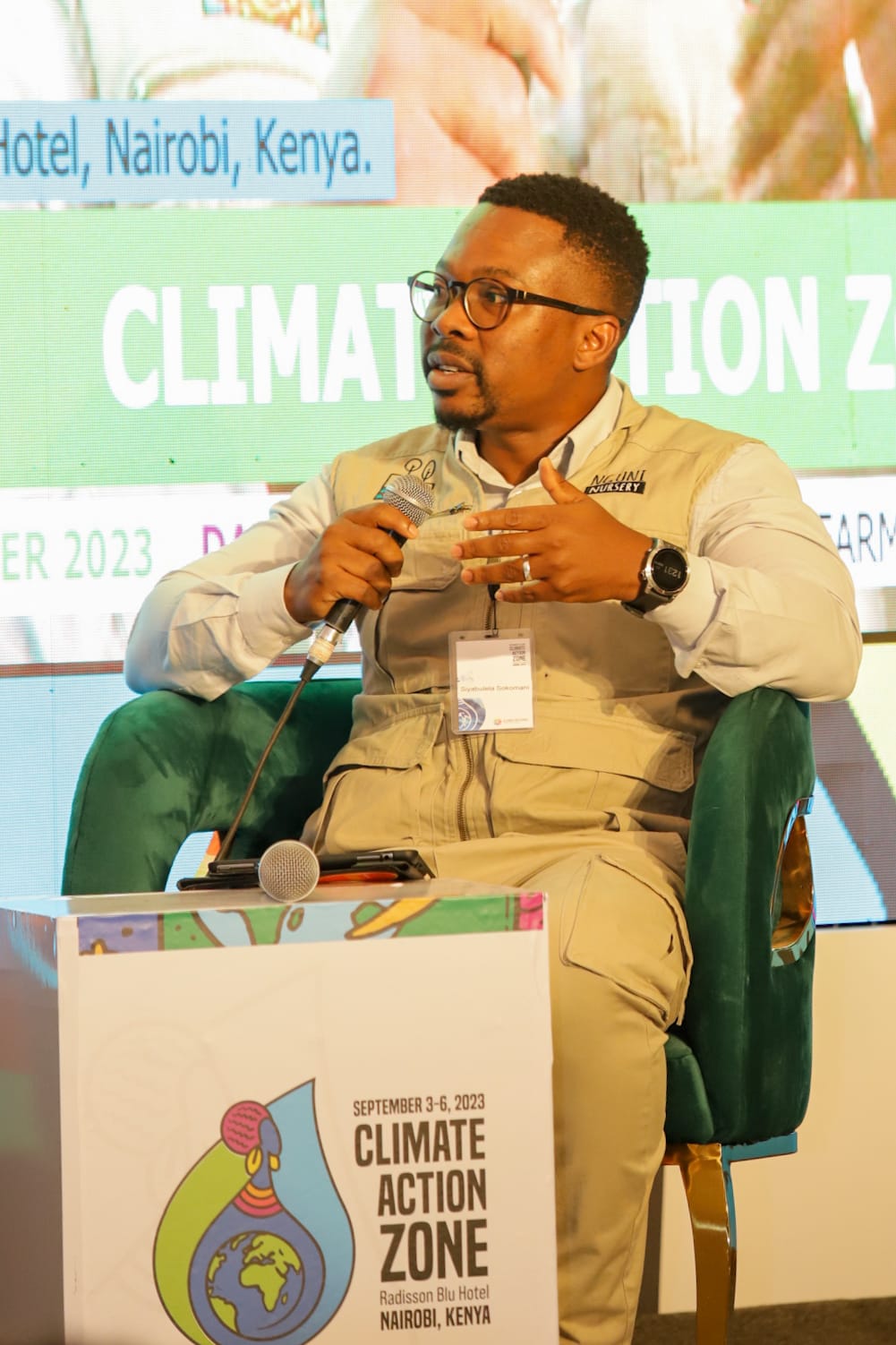
Sokomani underscored the importance of bringing young people into the conversation, saying there is an entrepreneurial opportunity for them in the climate change sphere.
“I’m not talking about NGOs where you get stipends to buy radios you don’t need. I’m talking about entrepreneurial opportunities where you can have money in your pocket and make financial decisions,” he said.
According to the United Nations, Africa has the youngest population in the world, with 200 million people aged between 15 and 24.
Young men and women who want to go into farming face limited access to information, technology and a lack of finance.
Unemployment for youth is a growing concern.
According to the World Bank, youth account for 60 percent of all unemployed Africans.
In North Africa, the youth unemployment rate is 30 percent. It is even worse in Botswana, the Republic of the Congo, Senegal, South Africa, Nigeria, and several other countries.
Farming is one way of lowering the rate of unemployment, but many, many young people in developing countries have negative perceptions of farming.
Farmers are finding ways to work around the climate crisis to continue producing food; they only need support.
Young men and women who want to go into farming face limited access to information, technology and a lack of finance.
Margaret Rachel, the Founder of Climate Conscious Generation, which advocates for child participation in climate change policy, said unfavorable land policies also lock out young people interested in farming.
“If I want to engage in farming, I have to ask for my father’s permission to use his land or buy me a parcel. How long will it take me to do that?” posed Rachel.
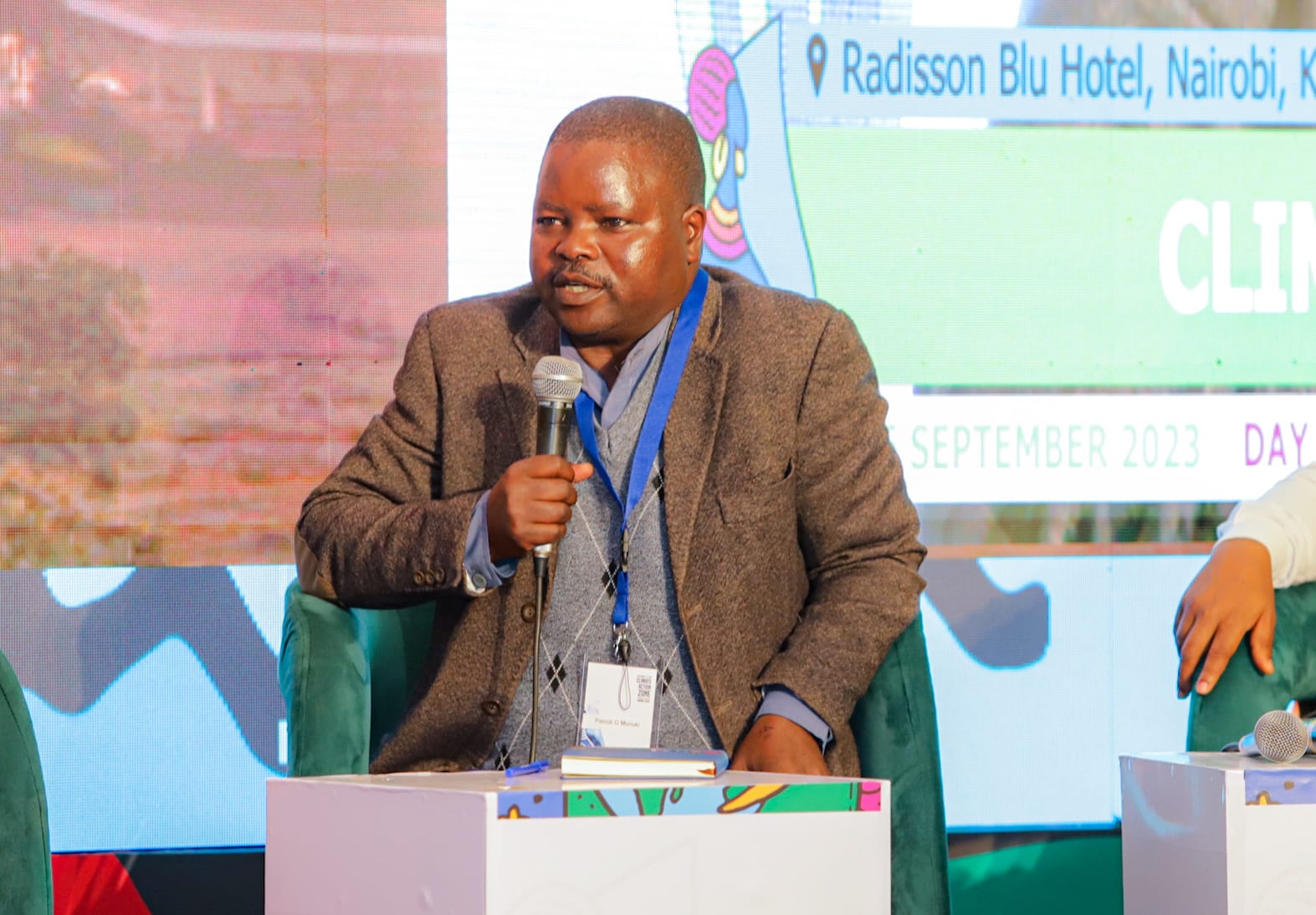
For Muriuki, farmers are finding ways to work around the climate crisis to continue producing food; all they need is support.
For instance, they are diversifying crops, adopting biotechnology and mechanization such as drip irrigation technology.
Farmers already taking up mechanization.
“As much as climate change is real, farmers’ interventions are helping them to adapt to the crisis. We thank the Alliance for Science for encouraging the use of technology by extension officers, and the knowledge cascades down to the farmer,” he said.
Muriuki said farmers are already taking up mechanization in their small ways, “from the hoe to the small tractor, then to a bigger one and so on. It’s upon the farmer to go for the right kind of mechanization depending on their capacity.”
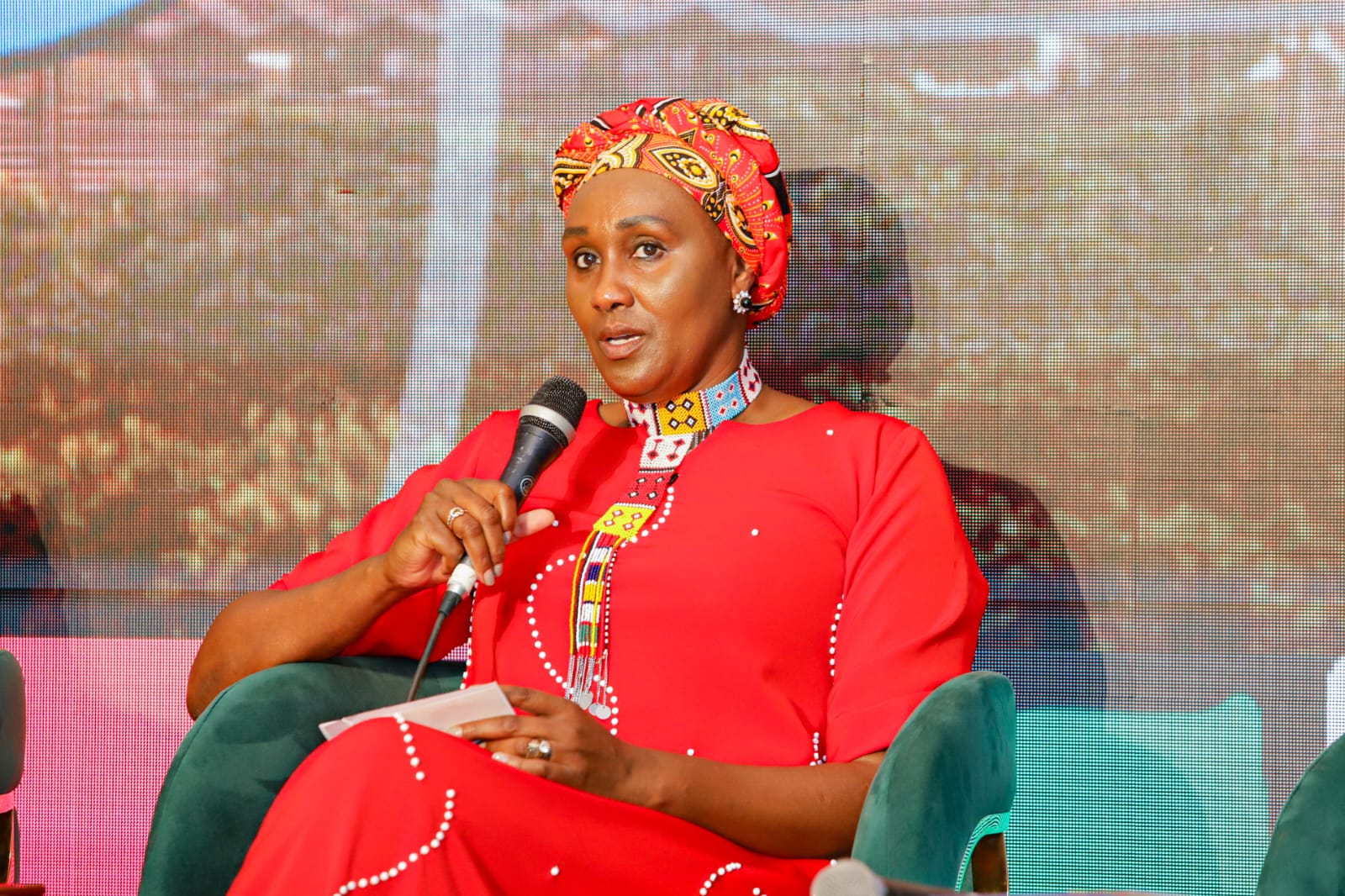
Koin urged African communities and farmers to deal with food taboos and learn to diversify from their traditional food crops.
“In Kenya, for example, when there is no maize, there is no food. In my community [the Maasai], it’s about meat; to them, chicken or fish is not food,” she said.
“Since 1961, Africa has witnessed a one-third reduction in agricultural productivity due to climate change; a stark reminder of the urgent need for adaptation.”
“We need to create forums such as the National Farmers’ Day and talk to them to see other foods and encourage them to produce such foods.”
African farming practices
While opening the ACS Ministerial Conference, Kenya’s President William Ruto said since 1961, Africa has witnessed a one-third reduction in agricultural productivity due to climate change, a stark reminder of the urgent need for adaptation.
“Yet, much of the world is just waking up to the merits of restorative agriculture—a practice that already resonates with African farming practices. By building on the wealth of indigenous knowledge, we can scale, enhance, and even monetize our agricultural systems,” said the President.
“This enables us to unlock the huge potential in our agricultural land assets… to feed our growing population.”
_______________________________________________________________________________________________
Godfrey Ombogo is an editorial consultant, consulting science editor, and writer for Media for Environment, Science, Health and Agriculture (MESHA) in Kenya. He has been a reporter, sub-editor, and quality assurance editor at Daily Nation, The Star, and The Standard, respectively. He has also written for Talk Africa, an online multimedia content platform.
